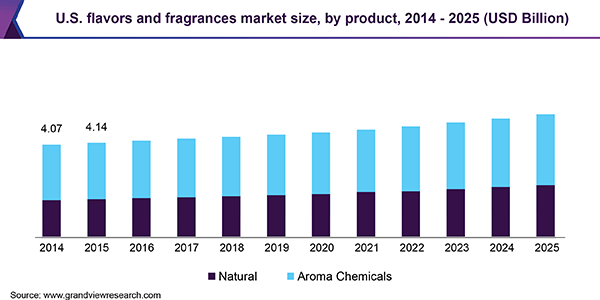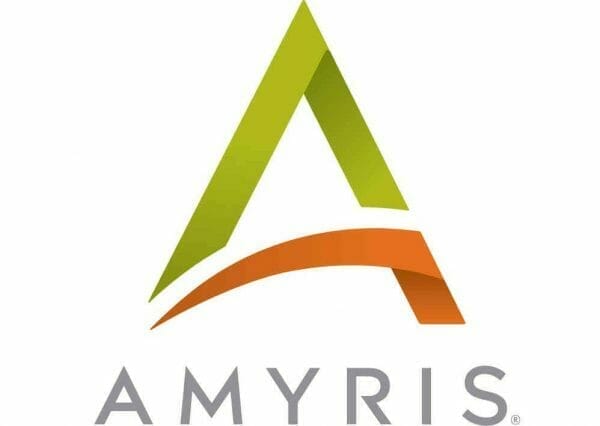Amyris (AMRS.Q) develops and produces ingredients for the health and wellness, clean beauty and flavors and fragrances markets, but it’s actually a bit more complicated than that. What they do is actually convert plant sugars into hydrocarbon molecules and produce specialty ingredients and consumer products.
After which, they send them off to their partner, biotech researcher, LAVVAN, for further experimentation.
The company reported today that it shipped its first cannabinoid to LAVVAN so they can continue developing their fermentation technology to unlock the full potential of the cannabinoid molecule. Amyris anticipates shipping its second molecule in the first half of 2020.
“We plan to continue building on our position as the leading synthetic biology company by continuing to deliver the highest purity and most sustainably sourced ingredients for the health, beauty and flavor and fragrance industries. Our brands are delivering the leading products in their respective categories and this is helping us deliver an excellent quarter. We expect to have our financing needs behind us early in 2020 and a strong year of profitable growth,”said John Melo, president and CEO of Amyris.
The company was founded a decade ago with the dual vision of making the best products available to everyone while helping humanity. They produce a broad variety of products, ranging from plant-sugars to anti-malarial drugs, with their process of engineering organisms (in yeast) using renewably-sourced carbon from plants to customize sustainable molecules so their partners and customers could make more efficient products that are better not just for their bottom line, but also for the planet.
Nice.
In terms of cannabis, the notion in play is that ingredients produced with Amyris fermentation technology platform are of higher quality and purity and come at a reduced cost relative to ingredients derived from cannabis plants grown in soil. The technology lets Amyris scale the more rarefied ingredients found within the cannabis plant, which are difficult and extremely expensive to extract in quantity.
Amyris has nine other fermentation molecules presently in production, with 22 other molecules in various stages of development with some of the world’s leading companies as partners and long-term supply and commercialization agreements, ensuring successful market entry.
Flavour and Fragrance
The global flavour and fragrance market was valued at USD 20.75 million in 2018, and is expected to grow at a compound annual growth rate (CAGR) of 4.7% over the forecast period, according to marketing research firm Grandview research. The demand will come from the food, beverage, cosmetics and toiletries industries. The food and beverage industry themselves are expected to be the primary driver of this growth owing to the increased demand for juices, snacks, processed food, ready-to-eat meals, and other beverages.

Common terpenes like limonene (the active ingredient in citrus) or beta-myrcene (in hops) are responsible for the distinct flavours between the strains, and those distinctions are even stronger when it comes to concentrates. Extraction technology has reached the point where individual cannabis molecules can be separated and recombined to create custom blends of THC, CBD and terpenes.
Cannabis’ role in the flavour and fragrance market is in concentrates. They appear in edibles, but standalone concentrate products are the more than likely way that flavourists can enter the market. Cannabis edibles often include flavours intended to mask that heavy oily cannabinoid flavour, while vapourized concentrate products tend to highlight them.
—Joseph Morton

